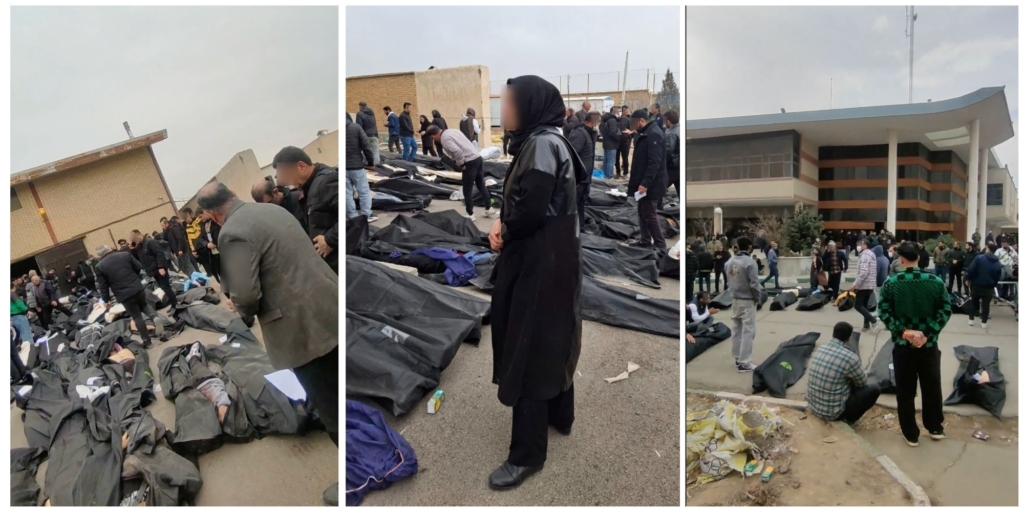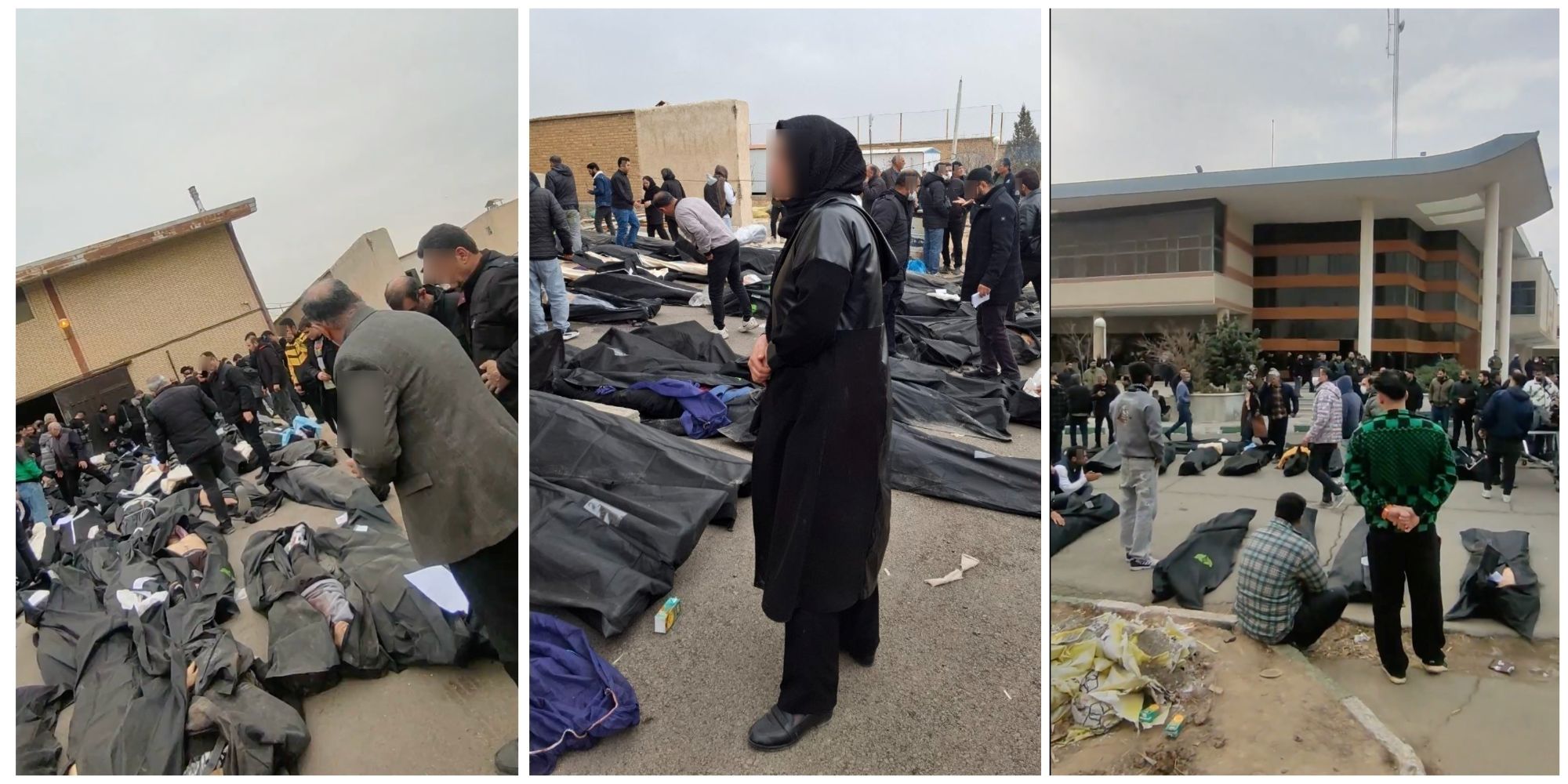By Sevag Kechichian, Saudi Arabia Researcher at Amnesty International
Today, like many people around the world, I waited to find out if Raif Badawi would again be hauled out of his prison cell and mercilessly lashed another 50 times in a public square in Jeddah.
The same suspense has gripped people for 23 weeks since the first time this act of cruelty was inflicted on the imprisoned blogger on 9 January this year. That day, a crowd of onlookers gathered in the square immediately after Friday prayers to witness this hateful spectacle.
While flogging and other cruel, inhuman and degrading punishments are commonplace in Saudi Arabia, they are not necessarily carried out on Fridays and in public. There is often an air of secrecy even around the many beheadings and other executions in the country – which have seen a macabre spike since the beginning of this year.
Amnesty International has campaigned for Raif’s release since his arrest in 2012. Since he was flogged, it joined more than a million activists, journalists and political leaders in calling for an end to the horror and for his immediate release.
But all these pleas have fallen on deaf ears. In fact, they have prompted even more defiance from the Kingdom’s rulers.
Such public defiance was evident again yesterday, when an anonymous official in Saudi Arabia’s Foreign Ministry rebuffed international “interference” in the kingdom’s judiciary and nonchalantly dismissed the international outcry that Raif could be flogged on grounds that no official statement was issued by the Court or by the authorities.
It is surreal for an unnamed ministry source to decry international concern over a sentence that is such a flagrant violation of international law. Could the authorities actually think that these kinds of punishment are such an everyday occurrence that they do not warrant protests for human dignity?
Likewise, the Supreme Court leaking its decision to a state-controlled newspaper late at night and allowing them to again degrade Raif, says something about the type of justice and human dignity the authorities espouse.
The Supreme Court should have endeavoured to provide Raif and his lawyers with a copy of its judgment. Of course, his main lawyer, Waleed Abu al-Khair, is himself serving a prison sentence as the first human rights lawyer to be convicted under a draconian 2014 counter-terrorism law, clearly invoked in his case to hinder his work.
Perhaps the authorities think that their allies in the West would not bat an eyelid at them treating a human rights defender such as Waleed Abu al-Khair like a member of the armed group calling itself Islamic State (IS).
But who knows?
The authorities seem to forget that Raif’s case had mysteriously reached the Supreme Court in December 2014, after neither Waleed nor Raif could appeal the earlier decision. It turns out the case was sent by someone within the Royal Court, not to be confused with a court of law, which is practically the office of the King himself.
Such secrecy and stealth is not limited to Raif Badawi’s case.
In fact, Saudi Arabia’s authorities seem to think that it is fine to ban lawyers from discussing their clients’ cases. They force lawyers to sign pledges not to share court documents with anyone, while at the same time feeding state-controlled media a one-sided view of developments.
This is blunt hypocrisy. Saudi Arabia’s judiciary is not independent from the executive in law, a fact that is clearly evident from its role in the incessant and systematic persecution of the country’s independent human rights activists and peaceful dissidents. Like Waleed Abu al-Khair, many are now confined to a prison cell just for defending the human rights of their compatriots.
Take the case of Suliaman al-Rashudi, an 80-year-old former judge arrested in December 2012, two days after he gave a private talk about the legality of peaceful protests in Shari’a law. He was taken without an arrest warrant to serve a 15-year sentence that he did not know was upheld by an appeal court. For someone his age, it was tantamount to a death sentence.
He is not alone. Ten other founding members of al-Rashudi’s human rights group, the Saudi Civil and Political Rights Association (ACPRA), have been dragged one by one to jails around the country after grossly unfair trials and sentences harsher than those handed down to Saudi fighters who join IS.
So let’s cut the nonsense. The Saudi Arabian judiciary is not independent. The same King heads the various branches of government, and he rules by decree. And no one takes seriously the reckless off-handed remarks of unnamed formal sources.
What threatens judicial independence isn’t international criticism – it’s the law of the land and the interference of the executive that has made a mockery of this fundamental bulwark of rule of law and human rights. Who knows what kind of threats to their lives and livelihood other decent judges like Suliaman al-Rashudi faced when they tried to uphold their independence?
Fundamental reforms are needed to tackle the gross shortcomings of Saudi justice. But Raif Badawi and other prisoners of conscience must not be left to languish behind bars waiting for such reforms. We are urging King Salman to do the right thing and ensure Raif Badawi is freed immediately and unconditionally. The holy month of Ramadan which is about to begin has traditionally been an occasion for the authorities to release prisoners. Accordingly, the King should seize the moment and free Raif Badawi, lift the threat of further lashes and allow him to be reunited with his family, who have also suffered every brutal step of his unfair trial and punishment.
It’s time to end this vindictive and cruel travesty of justice.






















